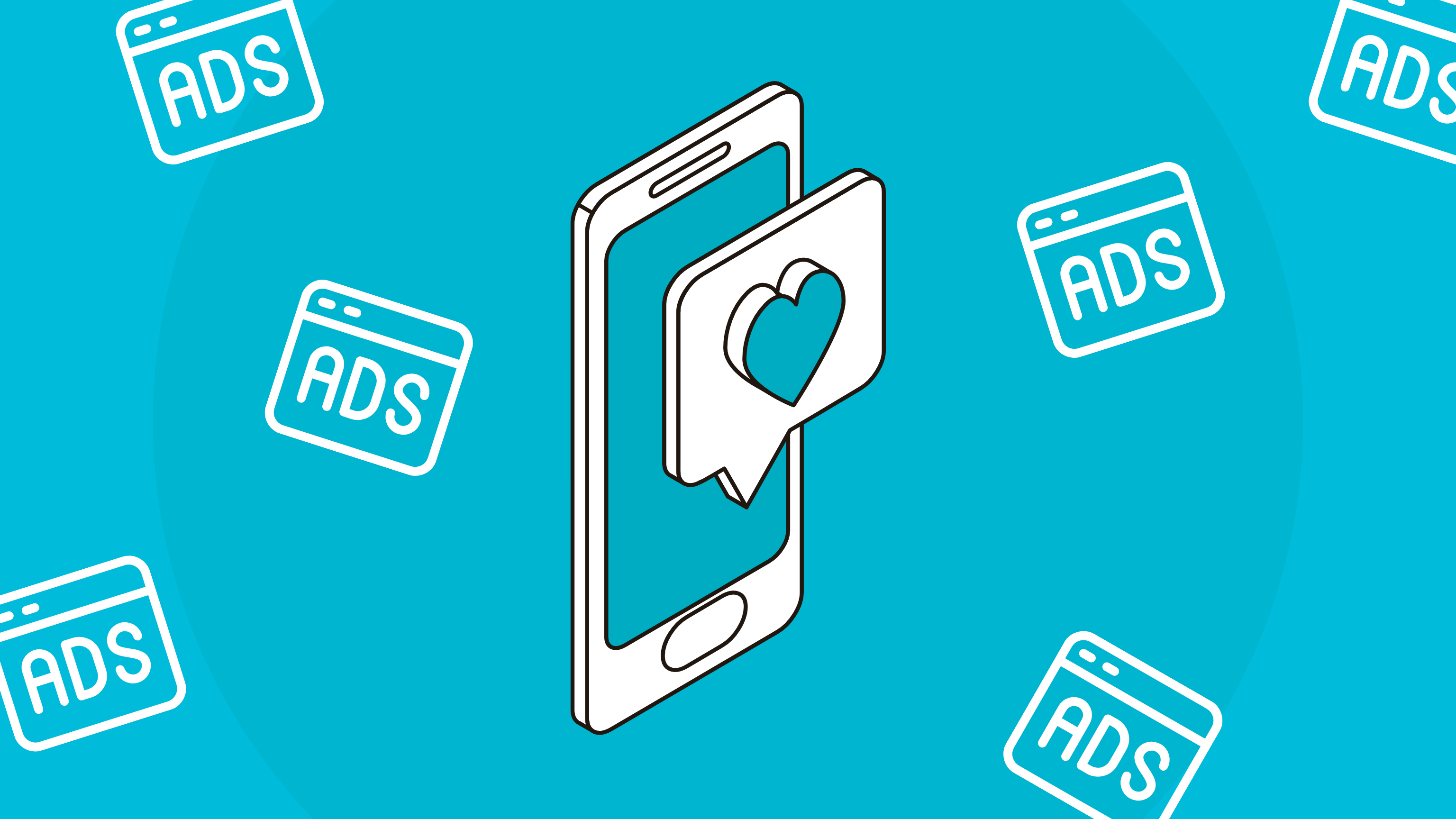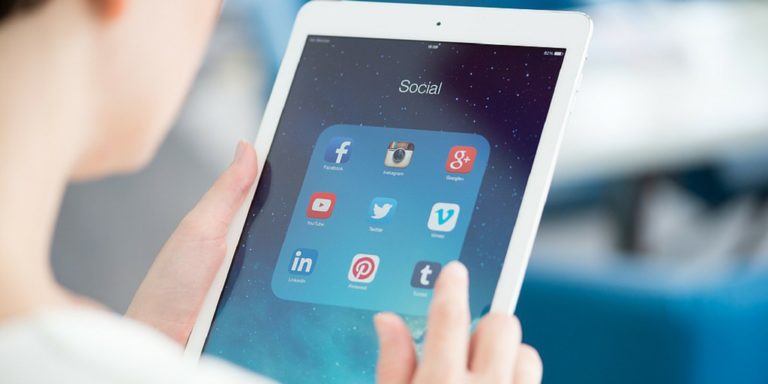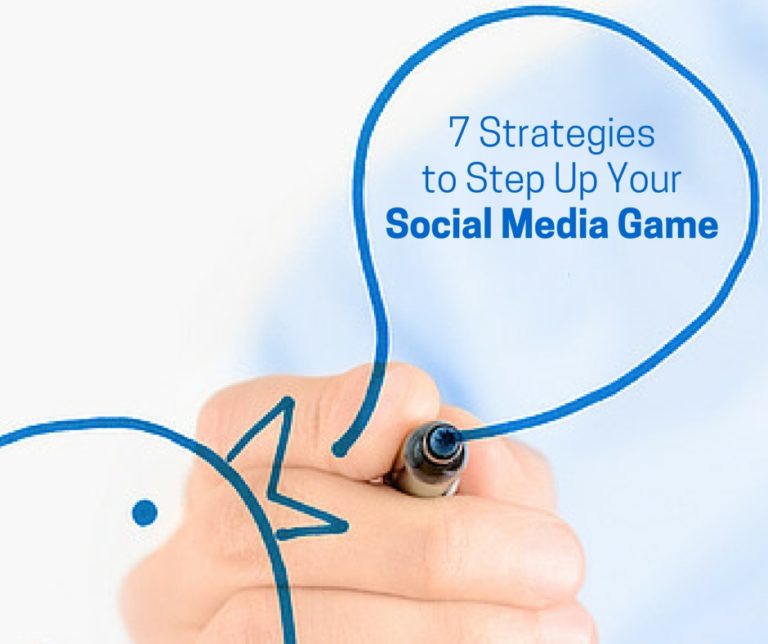When it came to installing the iOS 14 updates on their devices, most Apple technology fans probably didn’t ask any questions. Similar to Apple’s other software updates, this one brought about a slew of brand-new features, enhancements, bug fixes, and security settings. Therefore, installing it didn’t require very much thought.
But if you’re in the event marketing business, not thinking about iOS 14 updates isn’t exactly an option. This is especially true if you use both Events.com’s EveryAd product and Facebook Ads to run your event advertising campaigns. You need to know about the latest Apple updates and what they mean for your event ads moving forward.
What is iOS?
iOS is short for “iPhone operating system,” though the software doesn’t just exist on technology giant Apple’s popular mobile phone. It also runs on iPod touches and, until recent years, iPads, too.
iOS software was initially released in 2007 alongside the first model of the iPhone. Just as the phone has evolved, iOS has, too. New versions come to market annually, and each has its own set of updates that are frequently unrolled throughout the year. This constant evolution is probably what’s kept Apple’s iOS near the top of the mobile technology game and turned it into the main rival of Google’s Android system to vie for the number one position.
All About iOS 14
There have been fourteen versions of Apple’s operating system so far, and each version has boasted several updates. The first of the iOS 14 software updates arrived on the scene in September 2020, bringing a brand new look to the beloved iPhone, but at the time of writing just six months later, Apple is up to iOS 14.6.
iOS 14’s many features include an organized app library, adaptive screen lighting, new designs for home screen widgets, and the ability to resize and arrange them however you’d like. However, the biggest changes came in the form of privacy and security updates, including new app tracking settings.
iOS 14 Security Settings
The following additions aren’t the only updates to privacy and security settings on Apple devices. However, they are the features that will change the ways you go about event advertising and conversion tracking.
App Tracking Permissions
It’s no secret that app developers can track your mobile activity to send you relevant targeted ads. But with the latest iOS 14 updates, users are asked whether or not websites and apps can track their activity. In the past, there wasn’t a choice to opt-in or out. Users could only opt out of tracking data if they did so manually in the Settings app on their device.
Approximate vs. Exact Location Sharing
Though it isn’t necessarily uncommon for some apps to ask the user to share their location, it’s easy to understand why some may be wary of their exact location being tracked. One of the Apple updates gives the option of sharing an approximate location instead of a specific one. Therefore, instead of pinpointing an address, the app tracks the general vicinity.
Local Network Access
Some apps will request access to a local network after the iOS 14 update. Sometimes, this is necessary to communicate with Bluetooth or Wi-Fi, but other times, it’s completely unnecessary. With iOS 14, users have the option to choose which apps can access local networks and other devices you use on them.
How Do These Changes Affect Ads and Marketing Campaigns?
If you’re an iPhone user, you might be excited about the iOS 14 updates, including stricter privacy and security settings. But if you’re in the event marketing business and use apps, like Facebook, for example, to advertise, you might be wondering how more advanced security measures will affect your campaign strategies. Here are a few things that might happen.
The process for Facebook ads has changed.
If you’re an EveryAd user, you know just how beneficial the Facebook Ads Manager is for sharing your event worldwide. And considering the social network is one of the apps affected by iOS 14’s added security measures, it only makes sense that Facebook Ads Manager changes would soon be unveiled after the update.
The first change includes limiting conversion tracking on events recorded on each domain. Each domain (or website) can only have eight event pixels installed at a time, so it’s recommended that you select the eight most significant events and track those. Another important recommendation is that you own your domain and seek domain verification through Facebook’s Business Manager tool.
Running targeted ad marketing campaigns is more difficult.
You may find that iOS 14 makes it more difficult to reach your audience through targeted ads. That’s because the latest iOS 14 updates require apps and websites to have permission to track user activity. The data they’re asking to collect gives apps and websites an idea of what someone likes doing, purchasing, or attending, and generates ads based on those interests.
With the choice to forego data tracking so readily accessible, many people may choose not to share their information, which makes it harder for a company or event’s target audience to see personalized ads as they scroll through Facebook or Instagram.
Exact measurement is harder to obtain.
If you’ve long been in the world of digital marketing, you’ve probably heard the term “dark social” mentioned before. If you don’t know what it means, here’s the simplified definition: dark social refers to the social media content people share privately via tools like text message, direct message, or even email. These shares are harder to track and have become even more elusive among iOS 14 users.
This is because Apple’s iOS 14 updates include Private Click Measurement (PCM), which restricts and delays access to data. This makes accurate measurement difficult and at times delayed, which doesn’t do short advertisement campaigns any favors.
Further muddying the waters of accurate measurement and attribution is the ability of iOS 14 users to disable precise location tracking, which means advertisements for events in a specific area may not be shown.
Tips for Marketing Your Event with iOS 14
Don’t let iOS 14’s privacy and security settings push you to panic. It’s still possible to find success in your mobile web advertising endeavors. You’ll just have to do things a bit differently.
Own and verify your domain.
As mentioned earlier, it’s recommended that your organization own and verify your domain in the Facebook Business Manager. According to Facebook, a verified domain ensures there won’t be any disruptions to your conversion tracking efforts, and plan to track only eight conversion events — selecting between registration form completions and e-waiver signatures, for example — per domain.
Integrate other tracking methods.
Even if you adapt to the way the social network suggests, some of your marketing strategies may not be as efficient as the number of iOS 14 users increases. This means you may need to find other ways to monitor your website activity. You may also have to upload that information to Facebook and create a custom audience manually.
Find new ways to target your audience.
If you heavily relied on location or app activity to target event attendees, it may be time to consider a brand-new approach.
Pay attention to your audience’s main interests and gear your advertising toward those. Focus more of your energy on Search Engine Optimization (SEO) and make the content on your event website or landing page match the keywords your target audience is choosing for searches.
These methods help you advertise to your target audience more organically. In other words, they help ensure you and your event come across their cell phone screens intentionally instead of being an advertisement they randomly come across.
You may even find adapting to iOS 14 updates may lead you to test and target new audiences, so be open to experimenting with your event promotion strategies.
Lean on EveryAd.
Remember, this product simply extends Facebook Ad Manager. It doesn’t rely on it. The tool’s main purpose is to retarget your attendees and make conversion tracking simple.
Adaptation is possible.
As of December 2020, iOS 14 is running on 72 percent of all Apple devices. With more than 113 million iPhone users in the United States alone, the operating system is clearly everywhere. Actually, it probably isn’t going away any time soon. That’s why it’s crucial for any digital marketing expert, whether advertising a product, service, or event, to make their strategies work with the Apple updates, not against them.
Businesses big and small worried about what iOS 14 would do to their advertising efforts. The introduction of iOS 14 certainly impacts the way companies are advertising, specifically on Facebook. However, change doesn’t have to equal doom. You can still run successful event ads. You just may have to try a different approach.






